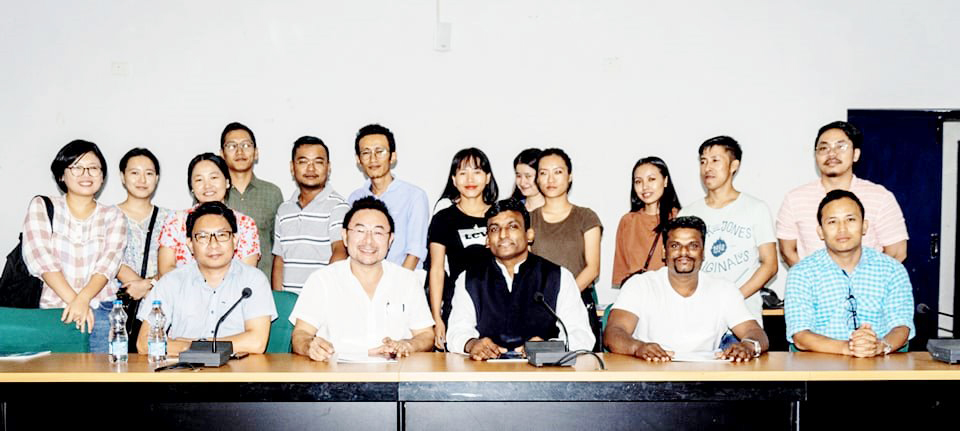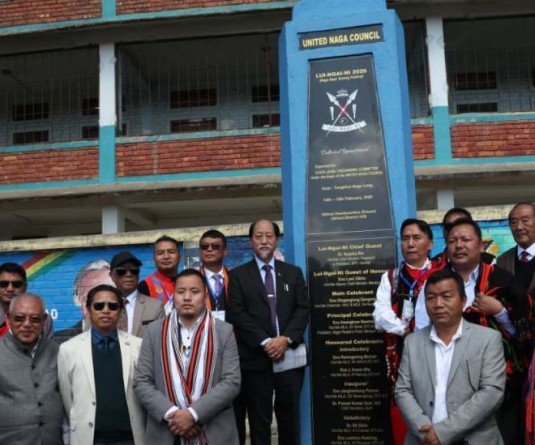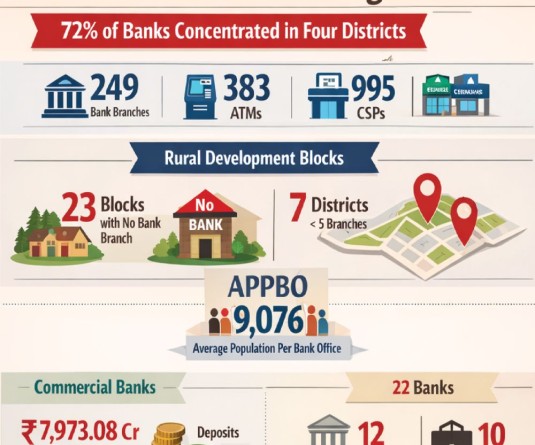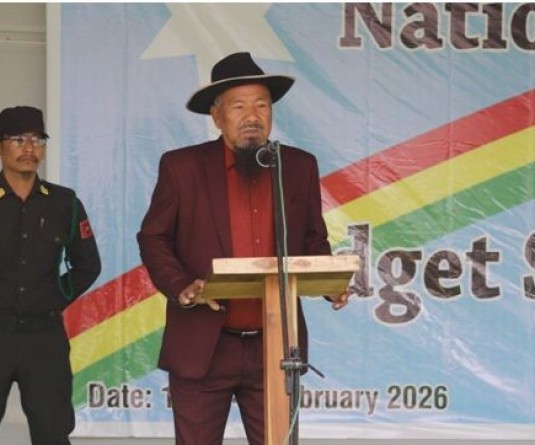NSA organizes Research Scholars Colloquium

The Naga Scholars Association (NSA) along with others after the Research Scholars Colloquium held on September 28 at School of International Studies, JNU, New Delhi. (Photo Courtesy: NSA)
New Delhi, September 29 (MExN): The Naga Scholars Association (NSA) organized ‘Research Scholars Colloquium’ on September 28 at School of International Studies, JNU, New Delhi.
As per a press release from NSA, the session started with a welcome address by Dr Zuchamo Yanthan, President of NSA.
The first speaker was KK Loung Nathan, PhD scholar, JNU on the topic titled ‘Re-examining the impact of British policy towards Manipur in the 19th century.’
Nathan asserted the importance of studying the past as a means to examine the present while examining the history of Manipur during the colonial era. Through his paper, he revisited the question of British policies towards Manipur. Can their policy be considered as a non-interfering one or vice-versa?
To understand this, Nathan outlined the historical relationship between the Britishers and the Rajah of Manipur in the context of the British-Burma relations.
The Anglo-Burmese war (1824-1826) factored in a crucial moment in the way the Britishers negotiated with Manipur. Considering the impending threat of the Burmese, the Britishers tried to establish positive relation with the Rajah of Manipur, Nathan said.
Consequently, the policies of the Britishers contributed to the changes in the relations between the people of the hills and the valley.
As a result of the policies of the British, Nathan highlighted two key ramifications in Manipur. First was the extension of statecraft to the hill tribes by Manipur.
Second impact was the mapping of the geographical terrain of Manipur. Since Manipur was unmapped and unexplored earlier before, the Britishers felt the m need to create boundaries for their administrative conveniences.
The second speaker was Shimreisa Chahongnao, PhD scholar JNU. He presented his paper titled ‘Entrenching chieftaincy in a democratic South Africa- Mirroring Tangkhul Naga chieftain’s emerging political odyssey.’
The speaker tried to examine the present status and role of the chiefs (traditional leaders) in South Africa and compare them to the Tangkhul Naga society.
Chahongnao’s paper focused on the position of the chiefs among the two by touching upon key factors in the relevancy of the traditional leaders.
Taking the case of South Africa, he spoke on the existing differences in the debate between the traditionalist and the modernist.
The modernist, according to him, held that the traditional institutions are incoherent in the context of the democratic principles of today.
Also the advent of market capitalism, democracy and other such changes were bound to result in the weaning away of the traditional leaders. The hereditary practice of the traditional leaders in comparison with the modern day democratic practices contributes to the debate on the relevancy and legitimacy of such traditional leadership, held Chahongnao.
Yet, the cooption of the traditional leaders in the 1996 constitution of South Africa reflected the importance accorded to the institution. But Chahongnao held on to the view that the leadership of the traditional institutions was relevant considering the moral support that they still get from the people.
Chahongnao said the fact that the institution of chieftaincy in South Africa enjoys constitutional mandate, reflects the former’s respect, power and authority amidst the debate on its relevancy.
While making a comparative assessment of the traditional leaders of South Africa with the Tangkhuls, Chahongnao remarked that ‘policy of incrementalism’ as proposed by Hanna Lerner helps in integrating the diverse groups with the formal state system both in South Africa and among the Tangkhuls.
In his concluding remark, Chairperson Prof Parmod Kumar, professor of English at IGNOU, also the editor in chief of ‘Ambedkar World’ said that NSA research scholars colloquium was a unique and engaging platform for the researchers and academics for a holistic exchange of ideas on all emerging issues and challenges facing the society.
The rapportuer of the session was Chibenthung Yanthan, PhD scholar in JNU. In closing, Dr Lungthuyang Riamei, General Secretary of NSA proposed vote of thanks.






